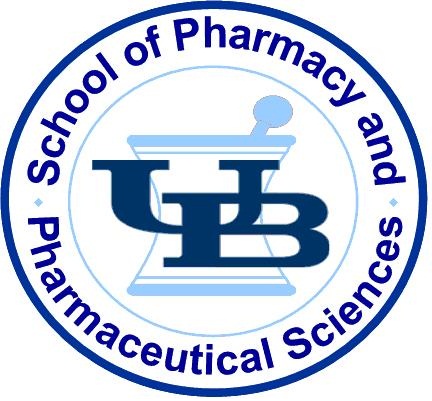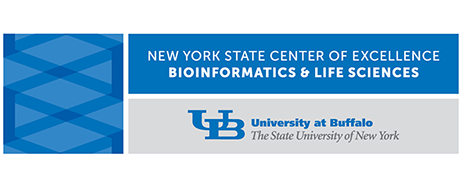 |


Efficient, reproducible and robust sample preparation protocol

Surfactant-aided precipitation/on-pellet digestion (SOD) SOD provides effective sample cleanup and enables high and constant peptide yields in various matrices, allowing reproducible, accurate and sensitive targeted protein quantification. Surfactant treatment before precipitation substantially increased peptide recovery and reproducibility from plasma/tissue, likely because surfactant permits extensive denaturation, reduction, and alkylation of proteins and inactivation of endogenous protease inhibitors, and facilitates removal of matrix components. The subsequent precipitation procedure effectively eliminates the surfactant and non-protein matrix components, and the thorough denaturation by both surfactant and precipitation enabled very rapid on-pellet-digestion (45 min at 37°C) with high peptide recovery. Comparing against in-solution-digestion, in-gel-digestion and filter-aided-sample-preparation (FASP), the SOD method achieved best peptide recovery (~21.0-700.0% higher than the other three methods across various matrices), reproducibility (3.8-10.9%) and sensitivity (LOD of 28-30 ng/g across plasma and tissue matrices).
Surfactant cocktail-aided extraction/precipitation/on-pellet digestion (SEPOD) is an alternative SOD-based strategy specifically optimized for large-scale quantitative proteomics studies. Prior to organic solvent precipitation and on-pellet digestion, SEPOD treat samples with a surfactant cocktail(SC) containing multiple non-ionic/anionic surfactants, which was demonstrated to achieve: i)exhaustive/reproducible protein extraction, including membrane-bound proteins; ii)effective removal of detrimental non-protein matrix components(e.g.>94% of phospholipids); iii)rapid/efficient proteolytic digestion owing to dual(surfactants+precipitation) denaturation. The optimal SC composition and concentrations were determined by Orthogonal-Array-Design investigation of their collective/individuals effects on protein extraction/denaturation. Key parameters for cleanup and digestion were experimentally identified as well. The optimized SEPOD procedures allowed a rapid 6h digestion providing a clean digest with high peptide yields and excellent quantitative reproducibility(esp.low-abundance proteins). Compared with filter-assisted sample preparation (FASP) and In-solution digestion, SEPOD showed superior performance by recovering substantially more peptide/proteins(including integral membrane proteins), yielding significantly higher peptide intensities, and improving quantification for peptides with extreme physicochemical properties. In sum, SEPOD offers a feasible solution for rapid, efficient and reproducible preparation of biological samples, facilitating high-quality proteomic quantification of large sample cohorts.
References:
1. An B, Zhang M, Johnson RW, Qu J*. Surfactant-Aided Precipitation/On-Pellet-Digestion (SOD) Procedure Provides Robust and Rapid Sample Preparation for Reproducible, Accurate and Sensitive LC-MS Quantification of Therapeutic Protein in Plasma and Tissues. Anal Chem. 87(7):4023-9 (2015)
2. Shen S, An B, Wang X, Hilchey SP, Li J, Cao J, Tian Y, Hu C, Jin L, Ng A, Tu C, Qu M*, Zand MS*, Qu J*. A Surfactant Cocktail-Aided Extraction/Precipitation/On-Pellet Digestion (SEPOD) Strategy Enables Rapid, Efficient and Reproducible Sample Preparation for Large-Scale Quantitative Proteomics. In preparation.


